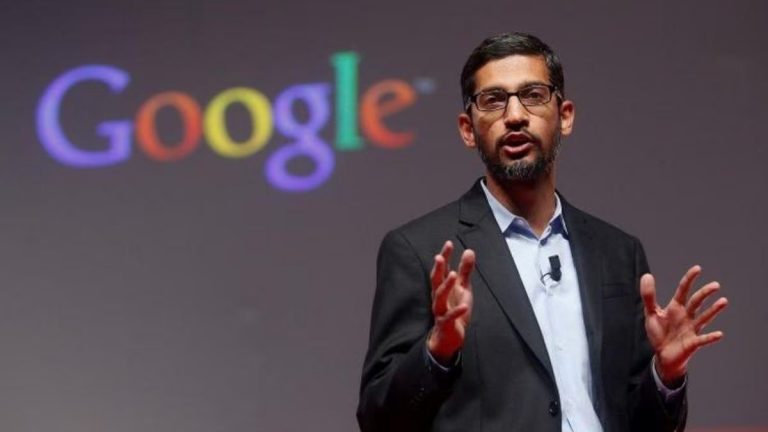
Tech giant Google is currently facing intensifying antitrust probe, as it navigates a future increasingly shaped by Artificial Intelligence (AI).
On Thursday, a federal judge ruled that the search giant illegally maintained a monopoly in its online advertising market, specifically in publishing ad servers and ad exchanges, due to its dominant position between ad buyers and sellers.
This decision, following a September trial in Alexandria, Virginia, marks Google’s second major antitrust setback in less than a year. Judge Brinkema declared that Google unlawfully dominated two key markets: publisher ad servers and ad exchanges, which are critical digital platforms connecting buyers and sellers of online advertising.
Register for Tekedia Mini-MBA edition 19 (Feb 9 – May 2, 2026).
Register for Tekedia AI in Business Masterclass.
Join Tekedia Capital Syndicate and co-invest in great global startups.
Register for Tekedia AI Lab.
“The Court concludes that the United States is entitled to partial summary judgment on its claims that Google monopolized the publisher ad server market and the ad exchange market in violation of Section 2 of the Sherman Act,” Brinkema wrote.
In August, another judge found that Google held an illegal monopoly in internet search, the most significant antitrust ruling in tech since the Microsoft case over two decades ago.
Meanwhile, Google pushed back against the allegations, arguing that the allegations focused on outdated practices.
“Prosecutors also ignored competition from technology companies, including Amazon.com and Comcast, as digital ad spending shifted to apps and streaming video,” said Google’s lawyer. The company claimed it had since improved interoperability with rival platforms and that prosecutors were ignoring substantial competition from tech rivals.
As Google defends its core business in court, it faces growing competition from generative AI, notably OpenAI’s ChatGPT, which offers alternative ways to search for information. The company is also grappling with slowing revenue growth and potential ad spending declines driven by economic concerns over President Donald Trump’s new tariffs.
Alphabet, Google’s parent company, saw its stock dip over 1% on Thursday, with a 20% year-to-date decline, ahead of its first-quarter earnings report next week. U.S. District Judge Leonie Brinkema ruled that Google’s anticompetitive practices “substantially harmed” publishers and web users, violating Section 2 of the Sherman Act. The trial included 39 witnesses, 20 depositions, and numerous exhibits.
While Google was found to unlawfully dominate publisher ad servers and ad exchanges, the court dismissed claims regarding general display advertising tools, noting the government failed to prove acquisitions like DoubleClick and Admeld were anticompetitive.
Google plans to appeal the ruling on its publisher tools, with Lee-Anne Mulholland, Google’s vice president of regulatory affairs, stating, “Publishers choose Google because our ad tech tools are simple, affordable, and effective.” The company argues that prosecutors overlooked competition from firms like Amazon and Comcast, particularly as ad spending shifts to apps and streaming video, and claims it has improved interoperability with rival platforms.
Attorney General Pam Bondi hailed the ruling as a “landmark victory” in curbing Google’s dominance in digital advertising, a multi-billion-dollar industry central to the company’s revenue. The Justice Department is pushing for Google to divest parts of its ad-tech business, which could create opportunities for competitors like Amazon, whose ad business is expanding.
Google also continues to fight allegations of monopolistic practices in its search business, with an appeal planned following the August ruling. These legal battles could drag on for years, even as remedies are determined, leaving Google in a precarious position as it balances courtroom defenses with innovation in an AI-driven market.



